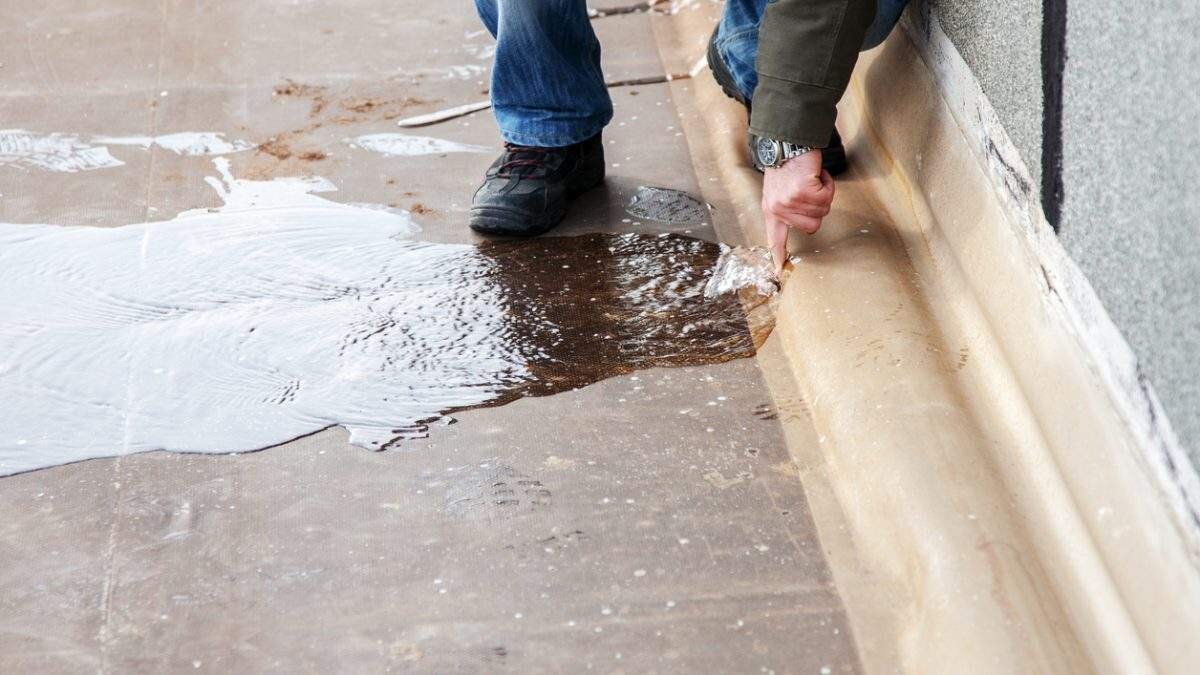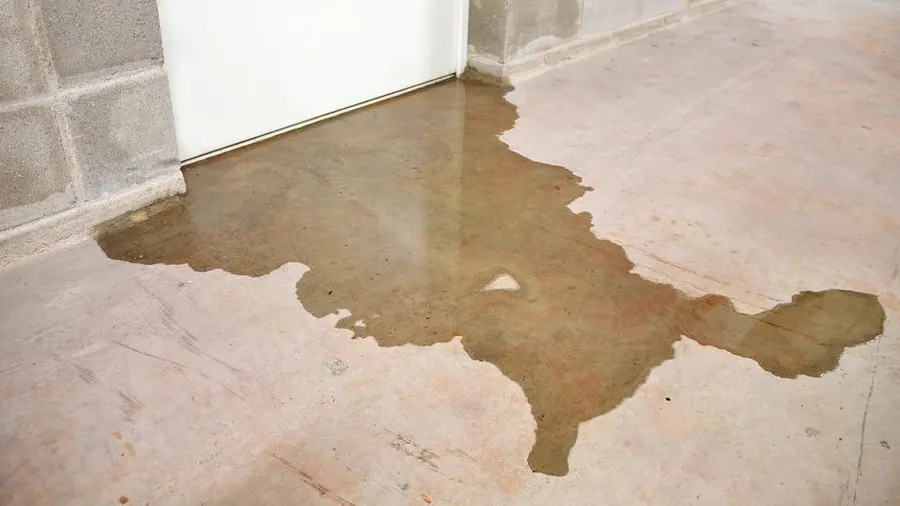Phone

How to locate water leak under slab?
Having a leaky pipe in your home is always problematic, but some leaks are particularly worrisome. Although “lucky” might not be the right word, it’s definitely more manageable to have a leaky pipe in a visible and accessible location, such as under a sink or in a basement with an exposed ceiling.
On the other end of the spectrum are leaks that are difficult to detect and access, such as a burst pipe under a concrete slab foundation. While slab leaks are challenging to identify, common warning signs include rising water bills, warm or raised areas on the floor, and shifts in the foundation.
What causes a Slab Leak under foundation?
There are two primary reasons why a pipe may start leaking under a concrete slab:
- Corroded pipes, particularly those made from older materials like cast iron, galvanized steel, and Orangeburg.
- Shifting ground caused by expansive soil (commonly seen in California), earthquakes, or other disruptions.
Additionally, tree roots can invade and puncture pipes, making it crucial to consider tree proximity when building a home. Commercial waste pipe cleaners can also corrode and damage pipes, underscoring the importance of hiring a reputable, experienced, and certified plumbing contractor.

Signs of a Slab Leak
Regardless of the cause, catching a slab leak early is crucial to limit damage to your home. Here are some clues that trouble is brewing under your feet:
- Increased water bills – A sudden spike in your water bill without any apparent reason likely indicates a leak, as undetected slab leaks waste large amounts of water daily.
- Bulges or raised areas in the floor – Severe slab leaks can warp floors, creating noticeable bulges or domes as water escapes from underground pipes.
- Warm spots on the floor – Leaking water can cause localized warm areas on the floor, similar to how it warps the flooring.
- Wet or smelly floors – Water seeping through concrete can create damp spots or musty odors from the floor or walls.
- Foundation shifting or cracking – One of the most severe consequences of a slab leak is foundation heaving, leading to shifts and cracks in the foundation, which can be very costly to repair.
How to find a water leak under a concrete floor
Detecting a water leak under a concrete floor can be challenging, but it’s crucial for preventing damage. Start by looking for damp spots, water stains, mold, or musty odors. Monitor your water meter and bills for unexplained increases.
Use specialized equipment like acoustic listening devices, thermal imaging cameras, and moisture meters to pinpoint the leak. If DIY methods fail, hire professional leak detection services. Once located, carefully break the concrete to expose and repair the leak, then restore the floor. Early detection and professional help can save you time and money.
How to detect slab leaks
Detecting slab leaks early is crucial to prevent extensive damage. Look for signs like damp spots, water stains, mold, and musty odors. Listen for unusual sounds like running water or hissing when taps are off.
Monitor your water meter for movement and check for unexplained increases in your water bill. Use tools like acoustic listening devices, thermal imaging cameras, and moisture meters. If DIY methods fail, hire professional leak detection services.
How to Fix a Slab Leak?
Unfortunately, reaching pipes beneath a concrete slab is challenging, and there’s no “easy” way to fix a leak. Often, the concrete foundation needs to be dug up to access the pipe, though rerouting the pipe might also be possible. Due to these complexities, fixing a slab leak is best left to an experienced plumber. Professionals use leak detection equipment to pinpoint the problem’s source, minimizing disruption to your home.
In California, homeowners’ insurance might cover slab leak repair costs. However, it’s wise to confirm with your insurance provider or an experienced plumber before starting any work. With early leak detection and proper maintenance, you may be able to avoid a slab leak altogether.

Who Should Fix a Slab Leak?
Slab leaks should always be repaired by a professional plumber or contractor. Attempting to repair a slab leak yourself can be dangerous and may cause further damage to your home. Professionals have the necessary tools and experience to accurately diagnose the issue, make effective repairs, and prevent future problems.
When you contact a professional to repair your slab leak, they will start by inspecting the area and using specialized equipment to locate the source of foundation leak detection. Once identified, they will determine the necessary repairs, which could range from patching the pipe to replacing sections entirely. Depending on the leak’s severity and location, they may need to dig up part of your foundation to access the pipe.
In conclusion, detecting and fixing a water leak under a foundation slab can be tricky and costly. However, regular maintenance and proactive inspection can help keep your home safe from the damaging effects of a slab leak. It’s essential to hire an experienced and certified plumbing contractor to inspect and repair any existing slab leaks. With these precautions, you can enjoy peace of mind knowing your home is leak-free.
Slab Leak Repair in San Diego county
If you notice any of the warning signs listed above, call Dr. House Inc. Plumbers immediately. Ignoring slab leaks will only make them worse. Let our experienced team fix the leak properly and quickly. Schedule an appointment today at +1 (858) 703-7536.

Leave A Comment